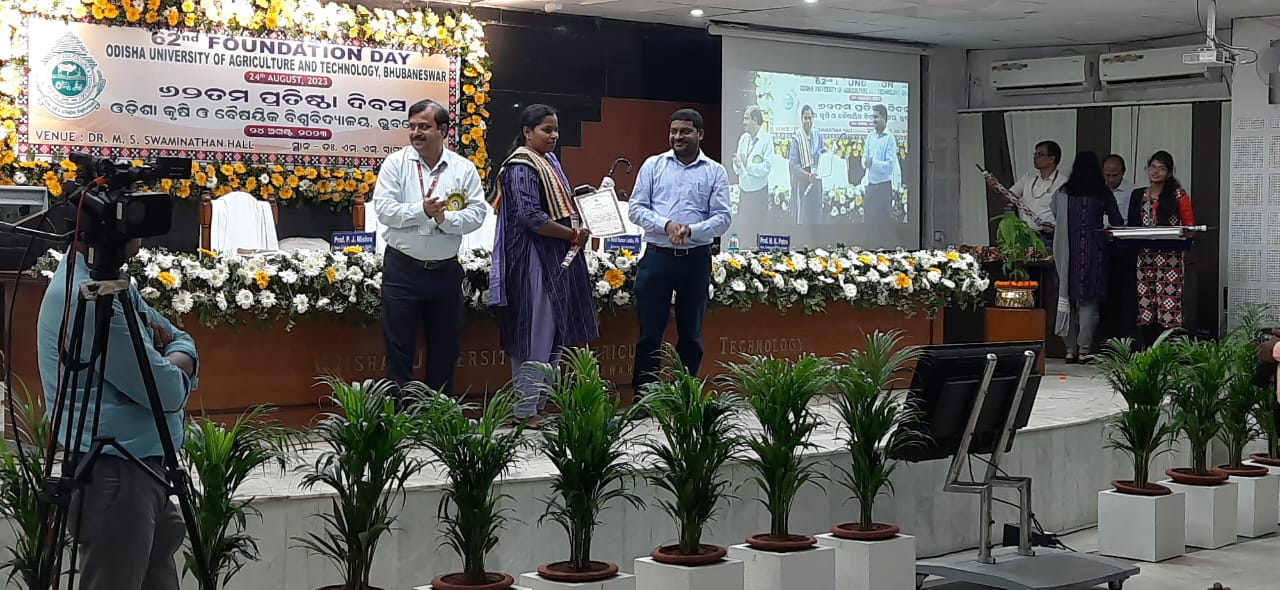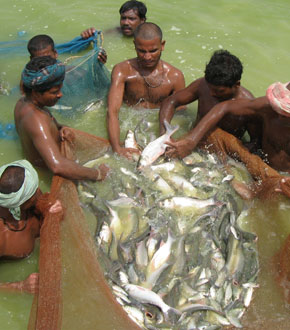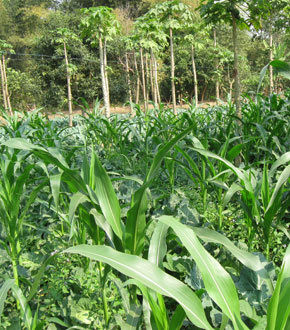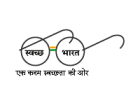Krishi Vigyan Kendra, Bhadrak
Krishi Vigyan Kendra, Bhadrak was established in 2004 at Ranital under OUAT, Bhubaneswar (100% ICAR) with a total land area of 22.39 ha.
MANDATES OF KVK
The mandates of KVK are Technology Assessment, Refinement and Demonstration for its Application and Capacity Development. The above mandates are accomplished by conducting following activities.
a) On-farm testing to assess the location specificity of agricultural technologies under various farming systems.
b) Frontline demonstrations to establish production potential of technologies on the farmers’ fields.
c) Capacity development of farmers and extension personnel to update their knowledge and skills on modern agricultural technologies.
d) To work as Knowledge and Resource Centre of agricultural technologies for supporting initiatives of public, private and voluntary sector in improving the agricultural economy of the district.
e) Provide farm advisories using ICT and other media means on varied subjects of interest to farmers






































